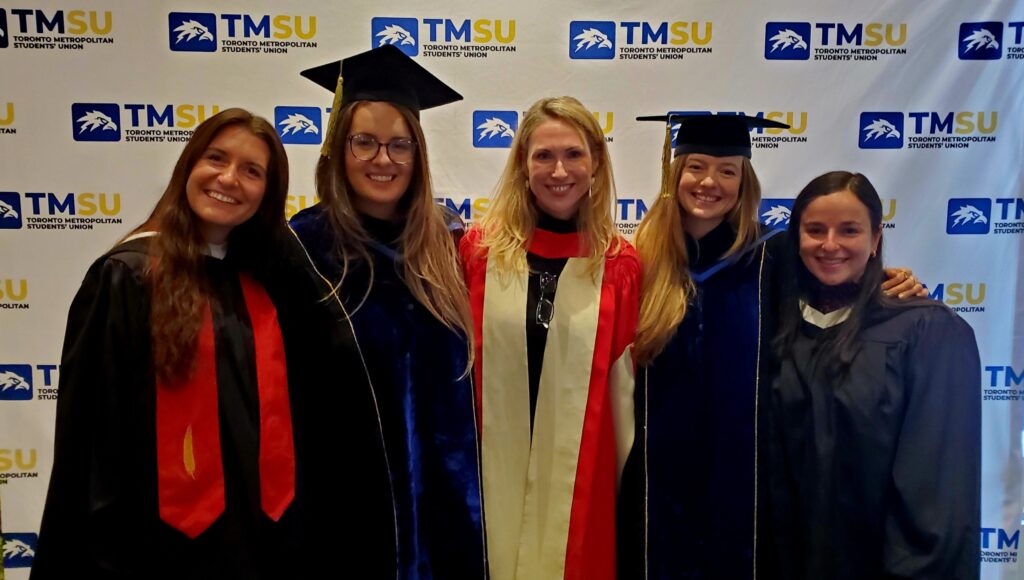About StAR

About the stress and healthy aging research Lab

Housed in the Institute for Stress and Wellbeing Research and directed by Dr. Alexandra J. Fiocco, the Stress and Healthy Aging Research (StAR) Lab is dedicated to elucidating the biological and psychosocial predictors of cognitive health and emotional wellbeing in late life. In addition to predictors of cognitive health and wellbeing, the StAR research program aims to evaluate potential intervention program that may facilitate the maintenance of cognitive health and improve quality of life in later years.
Get Involved - Join the StAR Lab!

Prospective Graduate Students
Dr. Fiocco supervises both clinical and psychological science graduate students. Graduate applications are received through the psychology graduate school application portal each year in December.
** Dr. Fiocco will not be reviewing applications for the 2024 cycle

Research Assistants
The StAR Lab welcomes students who are interested in gaining research experience through volunteering, PSY700, and work study programs. The need for research assistants (RAs) varies each semester, depending on the number of ongoing projects. Please contact Dr. Fiocco with your inquiries.

Postdoctoral Fellows
If you are interested in applying for external agencies (e.g., CIHR, SSHRC) to fund a postdoctoral fellowship in the StAR Lab, please send a cover letter and CV to Dr. Alexandra Fiocco (afiocco@torontomu.ca) to explore the possibilities.
Our commitment to equity, diversity and inclusion
The Stress and Healthy Aging Research (StAR) Lab recognizes the historical exclusion and underrepresentation of people of the global majority (PGM) and LGBTQIA+ communities in the field of psychology. As a lab, we hold ourselves accountable in ensuring that marginalized groups are given equal opportunities and space for their voices to be heard, and valued. Acknowledging that the work of equity, diversity and inclusion is an ongoing process, the StAR Lab is dedicated to:
Prioritizing recruiting samples that are more representative of the population so that our findings are relevant to individuals beyond the white heteronormative middle class
Investigating questions related to stress factors, coping mechanisms, healthy aging, and mindfulness within a cultural context
- We also encourage prospective students who are interested in these research initiatives to apply to the lab
Continuing to incorporate qualitative data into our research methods to ensure that participants can discuss their unique lived experience
- We will approach this research from a stance of cultural humility; when conducting research with PGM and LGBTQIA+ communities we will ensure that we are actively listening to participants’ experiences and representing them accurately in our published findings
Furthering our education through seminars, colloquiums and readings about race and equity to educate ourselves and cultivate discomfort resilience
- When able, we will share these resources with the community by posting them on our lab website and Facebook page
Engaging in continual conversations within our lab meetings about how to promote equity and ensure inclusivity within our lab and research

